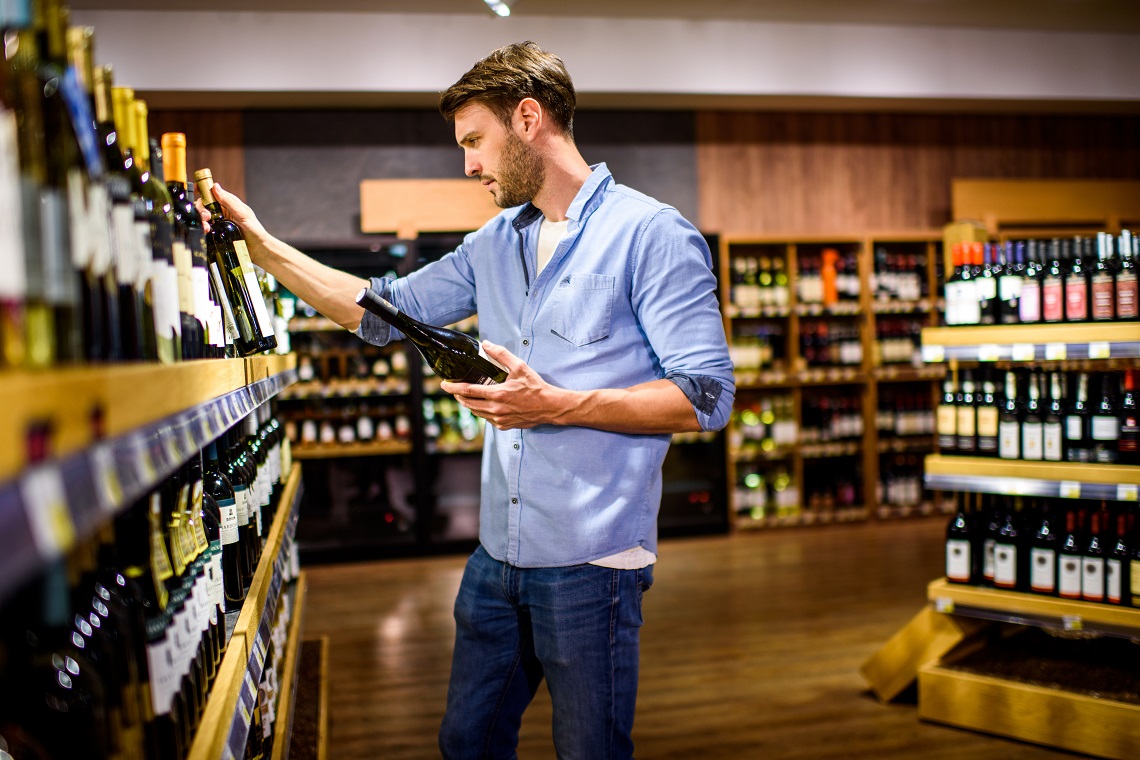Big box retailing has enjoyed a strong run in Australia’s packaged liquor retail landscape, but according to a research paper by Morgan Stanley that could all be about to change.
With consumers increasingly looking at digital shopping and convenience Morgan Stanley’s retail analyst Thomas Kierath, has said Australian big box retailing is, as a whole, facing a difficult future.
In a research note to clients, Kierath said: “We think that consumers are shifting away from big box retail formats as they increasingly prefer convenience and experiences that are better cultivated in a small box environment.
“We think that over the coming 12 to 18 months significant store closures are likely.”
Kierath cited online taking a disproportionate bite out of the big box retailers and soft sales-per-sqm growth as two of the key factors in what could cause problems for the big box retailers.
He added: “Soft sales-per-sqm growth for large box retailers will likely bite soon given 70-90 per cent of operating costs inflate at between 2.5 per cent and 3.5 per cent.
“We think very few retailers are delivering sales-per-sqm growth ahead of in-built cost growth at the moment.”
With those operational cost challenges increasing some retailers may look at cutting back on staffing, opening hours or marketing, however Kierath said: “We think that this likely accelerates the slowdown in sales-per-sqm growth.”
ONLINE RETAILING
As online retailing grows increasing popular a number of retailers are looking at click and collect options, which can help with the impulse purchase by consumers.
Not only does click and collect reduce operational costs, a recent study of 530 shoppers by research company Bell and Howell found 49 per cent of customers were likely to purchase an additional item when picking up their online order.
The International Council of Shopping Centres also found recently that 61 per cent of shoppers who bought items online and picked up in-store, made an additional purchase. This was higher for younger shoppers, with three-in-four millennials making impulsive purchases when popping in to collect.
Katrina Diamonon, Consumer Analyst at GlobalData, agrees that retailers should be increasingly looking at what they can offer in the digital world.
“While brick and mortar stores will never match the convenience of online, they have an undeniable competitive advantage when it comes to experiential retail. It is vital for traditional retailers to build their e-commerce platforms in a way that does not just display products for sale, but offers media-rich content that is relevant and engaging,” she said.
Diamonon added: “Indeed, with the number of on-demand alcohol delivery services, the launch of alcohol delivery via UberEATS and the imminent rise of Amazon, the retail landscape for alcohol is making more room for the online channel, and traditional retailers have little choice but to adapt to this shift.”
REPOSITION AND INNOVATE
The challenges facing big box retail, is something that Woolworths CEO Brad Banducci addressed recently when the supermarket giant released its results for the first half of the 2019 financial year.
Banducci said that Dan Murphy’s needs to reposition the business and innovate in order to keep up with consumer needs, which are changing very quickly.
Speaking about the focus that repositioning will take, Banducci said that innovation and improving the delivery of digital products would be key, with Dan Murphy’s looking at the success BWS has had in this area.
“The real issue in the drinks business is the consumer is changing very quickly and we need to innovate our business to keep up with their changing needs. That is the real challenge; it’s the challenge for Dan Murphy’s going forward,” Banducci said in the results presentation.
“The key forms of innovation for our customers are continuing fragmentation of categories and consumer moves to lighter, styles and accessibility is key. Then critically important in this category, perhaps even more important than food, is the whole topic of convenience and people wanting it now. It is a relatively particularly bulky good to take to the home so it does fit particularly well with some form of delivery, whether on-demand or traditional home delivery.”
He added: “BWS has really led the charge for us here, with over 500 BWS’ now with on-demand home delivery. Jimmy Brings has been important for us and shown us what is possible and that continues to grow very pleasingly as part of the BWS proposition.”
Banducci also said that Interim Managing Director of Dan Murphy’s Steve Donahue was working with the team to position the business for the next horizon of growth.

